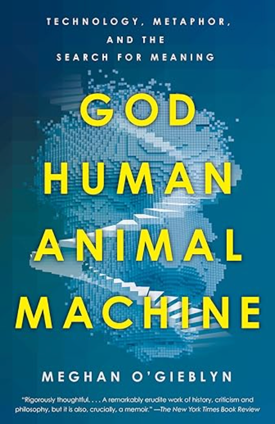WordCamp Utah Registration Is Now Open - Joseph Scott's Blog. No doubt WordCamp Utah may not be geographically relevant to you, but there are WordCamps throughout the world. Just go to Wordcamp.org.
When you single source from an online help authoring tool and generate an output to Microsoft Word, almost invariably you have some clean-up reformatting to do. For me, one of these areas deals with screenshot images. I prefer to have Word resize my screenshots (to a smaller size) because images look a lot sharper and crisper when Word resizes them rather than when SnagIt or Photoshop resizes them (even with smooth scaling selected). What...
Tapping your creative juices Interesting division of challenges into component parts: "Sometimes the problem is cognitive, e.g. learning and explaining. Sometimes the problem is emotional, e.g. conflict resolution. Sometimes the problem is spiritual, e.g. conflict of interest. Sometimes the problem is physical, e.g. constrained by available resources. And most of the time the problem is a lovely blending of components that taxes body, sou...
After a topic title in your help, what do you write? Do you jump straight into the numbered steps, or do you explain why a user would likely perform the topic? Although I practice the latter (adding explanatory text before the steps), I recently read an article by Mike Hughes that convinced me readers rarely read text that appears before a numbered list. Here's the gist of Mike's article. He's really talking about on-screen text, but I'm...
Instructional Text in the User Interface: Some Counterintuitive Implications of User Behaviors :: UXmatters.
Trends in Technical Communication: a review [TechScribe software documentation]. Excellent detail. Wish everyone wrote up their conference experiences like this.
Adobe Acrobat 9 Pro Extended costs $699. The download is several hundred megs, and eventually Adobe pushes out updates that break it right when you need to deliver PDFs for your latest release. In contrast, you can download the Save as PDF or XPS add-in for Microsoft Word 2007 for free. It's less than 1 megabyte to download, and it quickly and flawlessly converts Word docs to PDF, even with hyperlinks. If you have non-Word documents to co...
A History of Tech Comm Tools. This is a discussion thread from Techwhirler.
This is a guest post by Daniel Ng, a technical writer in Malaysia. Daniel mentioned an interesting article he'd read on the possible return of Corel Ventura, and I asked him to expand his thoughts in a guest post. A few months ago, a particular reply in a long-running Techwhirler mailing list discussion on minimalism and Information Mapping in documentation caught my attention. The original post covered, in almost chronological order, t...
A reader asks for advice on how to get training in technical writing. Jara writes, I am so glad that I found your blog. I truly need an advice. Initially I got accepted as computer science and business major, however I did not see myself stimulated by it. So I changed to International Relations and Development studies, something I always wanted to study. But now, I am faced with few job prospects. Even though I left to work as a reporter ...
A Career in Technical Writing: PoeWar.com Writer's Resource Center.
I would like to take a moment to publicly thank Silahsiz Kuvvetler, the Turkish Hacker, for bringing down my withering Pligg site, Writer River. I initially created Writer River using Pligg, a Digg clone that provides voting options to move posts from one tab to another as the votes hit a threshold. Pligg seemed like a good idea, but it turns out Pligg wasn't so good at combating spam. On average 2-3 spam posts a day appeared, with links...
John Hewitt over at Poewar.com has an intriguing series of personal essays on life as a technical writer. A Career in Technical Writing: The beginning of a new series A Career in Technical Writing: Life as a wannabee A Career in Technical Writing: Two dates to the prom A Career in Technical Writing: The fax about outsourcing A Career in Technical Writing: A strange new world A Career in Technical Writing: Life as a newbie A Career in Te...
After my last post in which I criticized WordPress for not hiring a technical writer to make their documentation simpler and more accessible, two things dawned on me. First, I'm an idiot for not recognizing an opportunity when it presents itself. I should write a comprehensive help file on WordPress and sell it. I'll work on that. Second, the interplay between simplicity and complexity is what technical writing is all about. Although simp...
Jane has wanted to implement something like Dooce's Daily Chuck, where a new picture appears every day somewhere on the blog but not in the feed. The picture is usually just that -- a picture, without much else. It works well to draw people to your site each day, knowing that you have something new. For the past two weeks I've been trying to figure this out without much success. But I did come pretty close to achieving it. See the final e...


